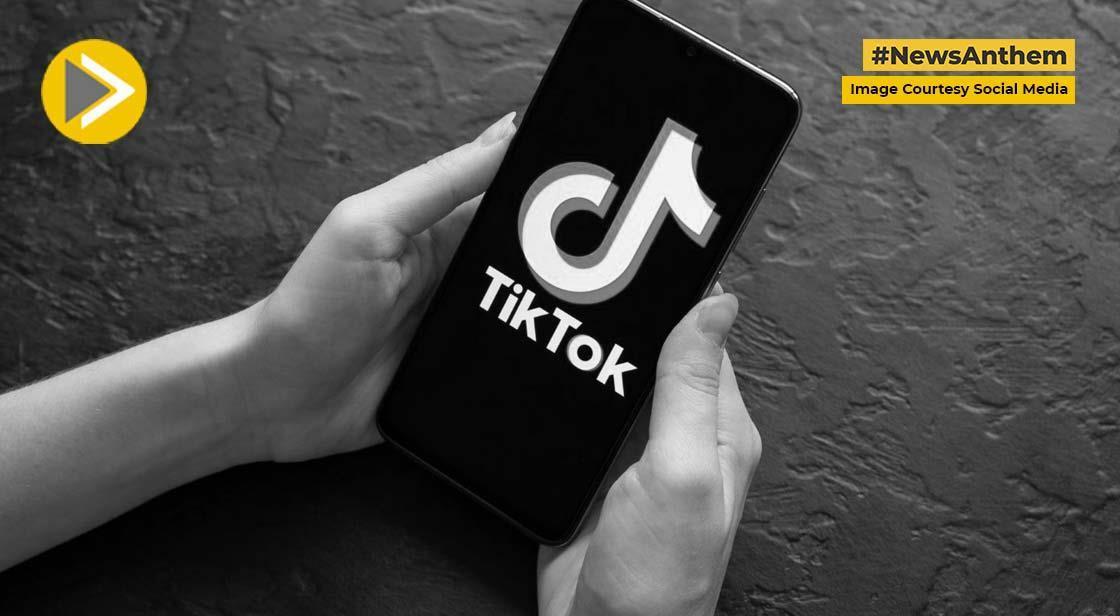U.S. and China Strike Framework Deal on TikTok Ownership; Tariff Concessions Dropped

News Synopsis
After intensive negotiations in Madrid, U.S. and Chinese officials have reached a framework agreement whereby TikTok, owned by China’s ByteDance, will shift to U.S.-controlled ownership.
Treasury Secretary Scott Bessent said this deal is expected to be confirmed following a call between U.S. President Donald Trump and Chinese President Xi Jinping, scheduled for Friday.
Key Concessions & What Changed
Chinese “Aggressive Asks” Withdrawn
Initially, China had pressed for significant compensation: rolling back of existing tariffs, easing of export controls on technology, and other trade measures. However, those demands were scaled back or dropped during the Madrid talks.
Bessent indicated that one factor in changing China’s posture was the credibility of a U.S. threat to let TikTok “go dark” in the U.S. if a deal was not reached.
Protection of National Security & “Chinese Characteristics”
While U.S. negotiators emphasized national security concerns—particularly control of user data, algorithmic transparency, and preventing undue foreign influence—China has insisted on preserving certain cultural or “Chinese characteristics” of TikTok, including intellectual property elements and certain branding or functional attributes.
Details, Deadlines, and Next Steps
September 17 Deadline & Extension Prospects
A deadline of September 17, 2025 was in place under U.S. law requiring ByteDance to divest its U.S. assets or face a ban.
To ensure no disruption, the U.S. may extend this deadline by 90 days while the terms of the deal are finalized.
Role of Private Companies (e.g., Oracle)
Reports indicate that Oracle is among the U.S. firms being considered to help operationalize the ownership transition (data hosting, security reviews, etc.).
Further decisions are subject to regulatory approvals, including by the U.S. Congress.
Broader Trade Context
-
These TikTok negotiations are part of a larger U.S.-China dialogue addressing tariffs, trade policy, export controls, rare earths, and general economic tensions.
-
Madrid marks the fourth round in four months of high-level talks.
-
Experts caution that while progress has been made, many of the deeper trade issues will require more extended negotiation—possibly including a summit or direct meeting between Trump and Xi.
What Remains Unclear
-
The exact details of how much control ByteDance will retain, if any.
-
How the algorithm and data security oversight will be structured to ensure U.S. national security without betraying China’s demands for preserving certain “soft power” characteristics.
-
Whether existing U.S. tariffs or export constraints will be lifted, modified, or simply left in place.
Latest Facts
-
TikTok has about 170 million users in the U.S.
-
The U.S. law passed in 2024 requires ByteDance to divest or face a ban.
-
The deadline in that law is September 17, 2025. Unless finalized, the transition may be delayed by 90 days if both sides agree.
Conclusion
What we see now is a framework agreement that could save TikTok from being banned in the U.S. by switching its ownership structure toward American control—while still trying to accommodate some of China’s demands about the app’s identity and intellectual property. The deal reflects high-stakes diplomacy: national security, trade policy, and soft power all intersect.
As of now, the deal is not final. There remain tough questions around algorithms, data security, ownership percentages, regulatory oversight, and whether the U.S. will roll back or simply refrain from future trade actions. The scheduled phone call between Trump and Xi on Friday will be closely watched as a potential turning point. If all goes smoothly, this framework might stave off a shutdown and set a precedent for how digital platforms with foreign ownership are treated under security-conscious trade policy.
You May Like









